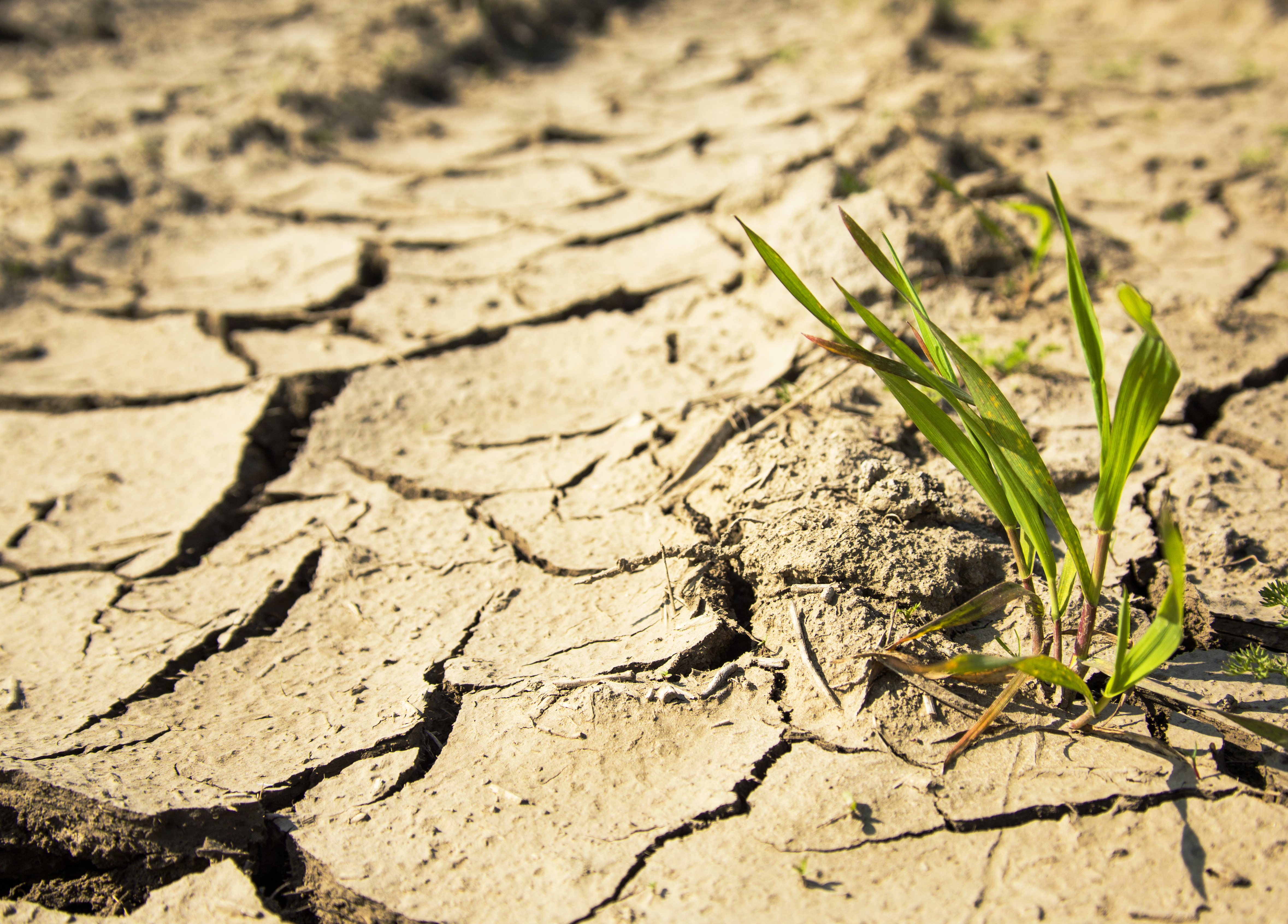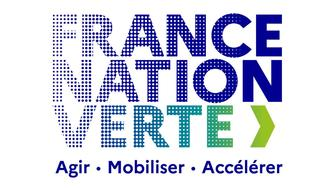News

 Drought and water resource shortages: the measures set out in the action plan to optimise water management in the industrial sectors.
Drought and water resource shortages: the measures set out in the action plan to optimise water management in the industrial sectors.
The agri-food sector is a major player in the French economy, but it is also one of the largest consumers of water. To meet the challenges of sustainable water management, the government has launched the "Action Plan for Resilient and Concerted Water Management" and the agri-food sector is among those impacted by these new measures. The aim of the plan is to reduce water consumption and to promote a reasoned and responsible management of this precious resource.
Implications of the action plan for the agri-food sector
The "Action Plan for Resilient and Collaborative Water Management" provides for a series of measures to reduce water consumption on farms and in the agri-food industry. These include the introduction of more efficient irrigation techniques, improving the efficiency of production processes, raising awareness of sustainable water management among the sector's stakeholders, as well as the reuse of industrial wastewater or rainwater.
The action plan aims to remove some of the regulatory obstacles to optimising water use in the agri-food sector. Indeed, current water regulations can sometimes be contradictory, making it difficult to implement projects to improve water management in companies. For example, some regulations may prohibit the use of rainwater for industrial activities, even if this resource is available and sustainable.
In this way, cost-effective water management improvement projects can be implemented in a favourable regulatory environment without compromising their operational efficiency. Thus, companies that implement actions to reduce their water consumption will be eligible for state subsidies available from 2024 that can cover up to 50% of the costs incurred.
This initiative will enable agri-food companies to equip themselves with the necessary means to implement sustainable water management practices, while ensuring their competitiveness in the market.
The "Action Plan for Resilient and Concerted Water Management" in the agri-food sector is an important step in the fight against water waste. By promoting a rational and responsible use of this resource, agri-food companies can help preserve the environment while ensuring their economic sustainability. State subsidies will enable companies to take the step towards more sustainable water management by removing regulatory obstacles that may prevent them from doing so. This is a strong signal sent to the sector's players to encourage the implementation of practices that are more respectful of the environment and water resources.
An opening for other sectors
The plan's measures for the agri-food sector can serve as a model for water management in other industrial sectors that are also major water consumers.
For example, the paper industry uses significant amounts of water in its production processes. To reduce their water consumption, this sector can adopt water-saving techniques such as wastewater recovery and reuse in production processes. Similarly, chemical industries can use more water-efficient technologies and implement water management programmes to reduce their environmental impact.
The plan also includes training and awareness-raising for stakeholders in the various industrial sectors to make them aware of the importance of sustainable water management. This awareness-raising can help change mentalities and encourage the adoption of more environmentally friendly practices.
In sum, the measures of the "Action Plan for Resilient and Collaborative Water Management" in the agri-food sector can be used as a basis for adapting measures to other industrial sectors, depending on their specificities and water management needs.


